Permits ended for foreign workers in strip clubs
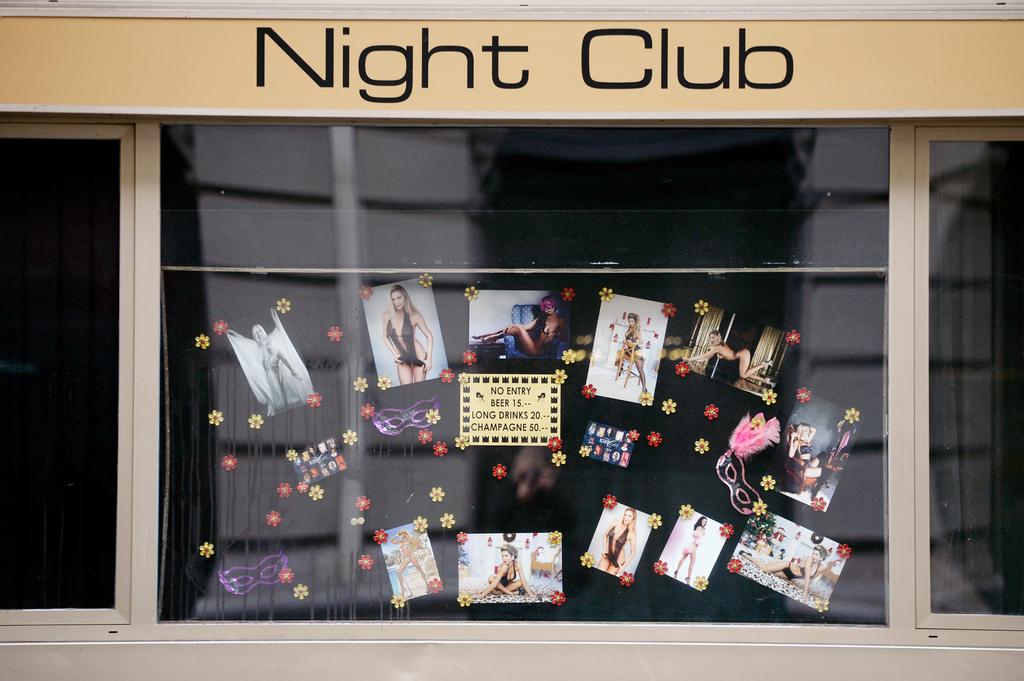
The government in 2016 will stop issuing special permits that have allowed women from outside the European Union to work in Swiss strip clubs, in an acknowledgement that the 20-year policy has become ineffective against trafficking and other exploitation.
Some 712 cabaret or exotic dancers from outside the EU or the European Free Trade Association (EFTA) had received a special short-term residence permit in 2015, under a controversial programme that began 20 years earlier, according to the State Secretariat for Migration.
The special short-term “L” permits were needed to work in Switzerland. The number of those issued in 2014 dropped to 751. Around 10,700 had been issued since 2005.
The permit was established to protect women from exploitation and does not allow women to carry out any other activity apart from that of a striptease. But in Switzerland, where prostitution is legal, authorities decided to end the permit because it no longer appeared to serve a protective role.
Many of the women have come from Russia, Ukraine and other countries in eastern Europe, and from the Dominican Republic. The applicants had to be at least 20 years old and the permit would only be issued for work as a dancer for up to eight months.
On entering Switzerland, they needed to already possess work contracts for at least four months. By law, the contracts could not be easily terminated by either party. With the contracts, the women could earn more than they did back home.
According to the migration office, the job of a cabaret or exotic dancer involves “removing some or all of your clothes on stage to musical accompaniment and repeating this performance several times each evening…encouraging customers to consume alcohol and engage in prostitution is not part of your job”.
Policy no longer working
An expert group reported to the government in March 2014 that working conditions for striptease artists with the special permits were very precarious, with huge potential for exploitation both inside and outside Switzerland.
The women were frequently obliged to make illegal payments to intermediaries for work contracts drawn up in their countries of origin. To pay their debts the women often became dependent on employment agencies or their bosses in Switzerland, and were forced into prostitution.
“The statute was originally created to protect women from exploitation. Various police and cantonal studies have shown that the statute does not or no longer fulfills its protective effect,” Justice Minister Simonetta Sommaruga told a news conference in October 2014 to explain the decision to repeal the law. “On the contrary, the statute favours exploitative situations and human trafficking.”
Prostitution has been legal and regulated in Switzerland since 1942, but street prostitution is illegal, except in specially designated areas in major cities. The city of Zurich introduced sex boxes for street prostitutes, which it claims have improved working conditions.

In compliance with the JTI standards
More: SWI swissinfo.ch certified by the Journalism Trust Initiative
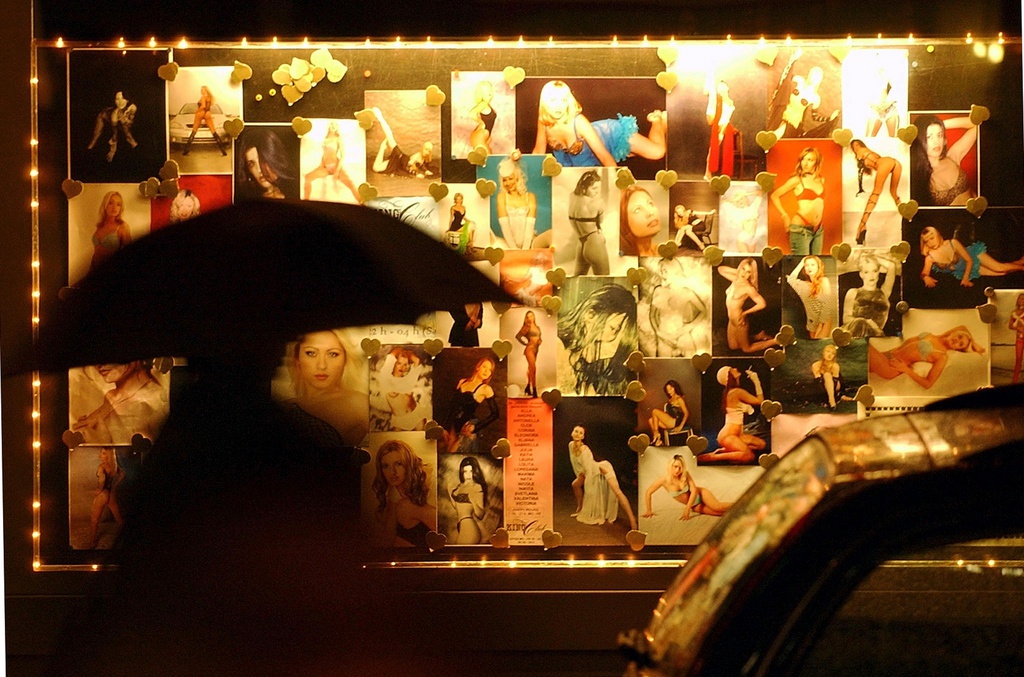

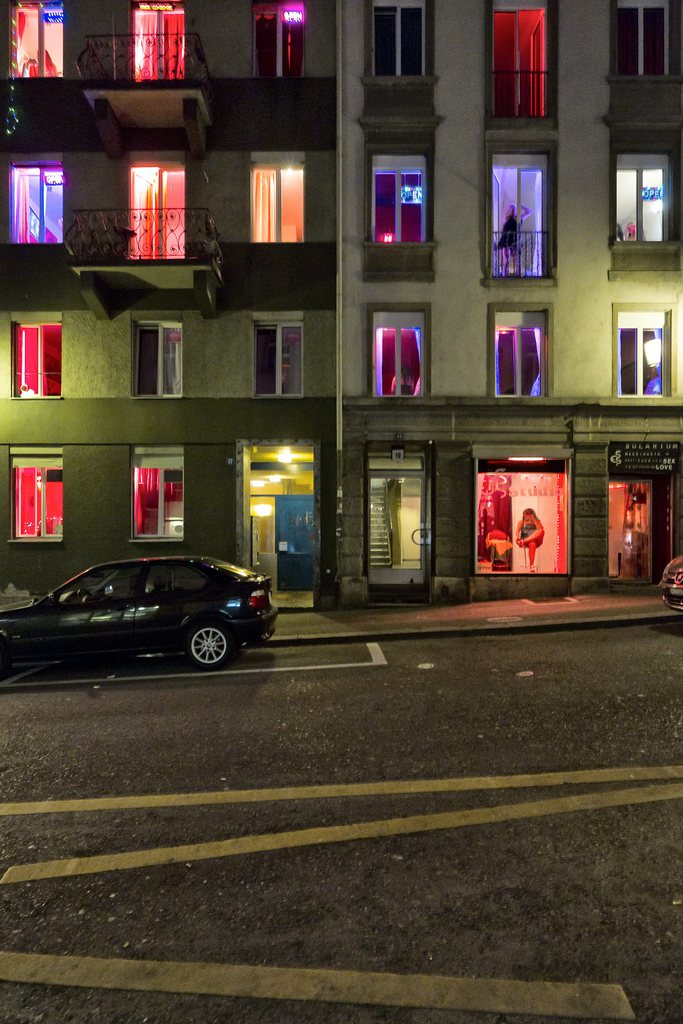
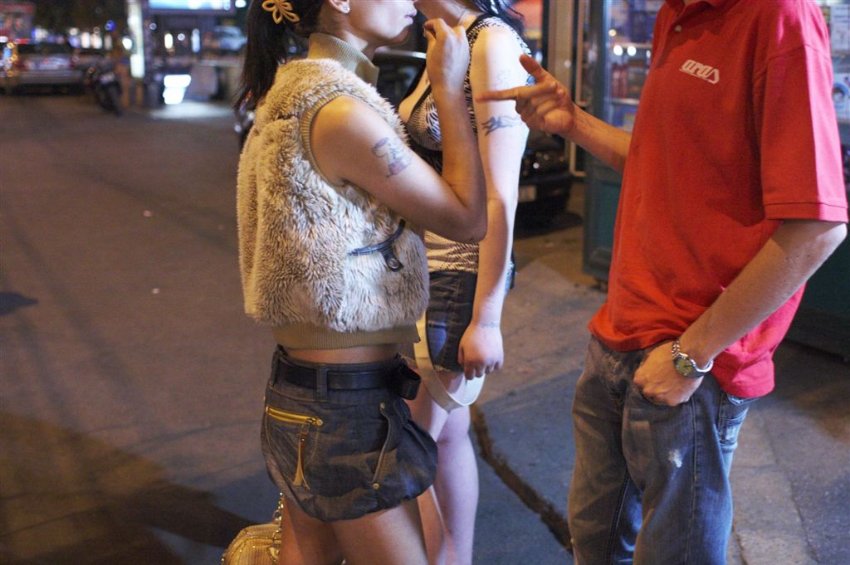
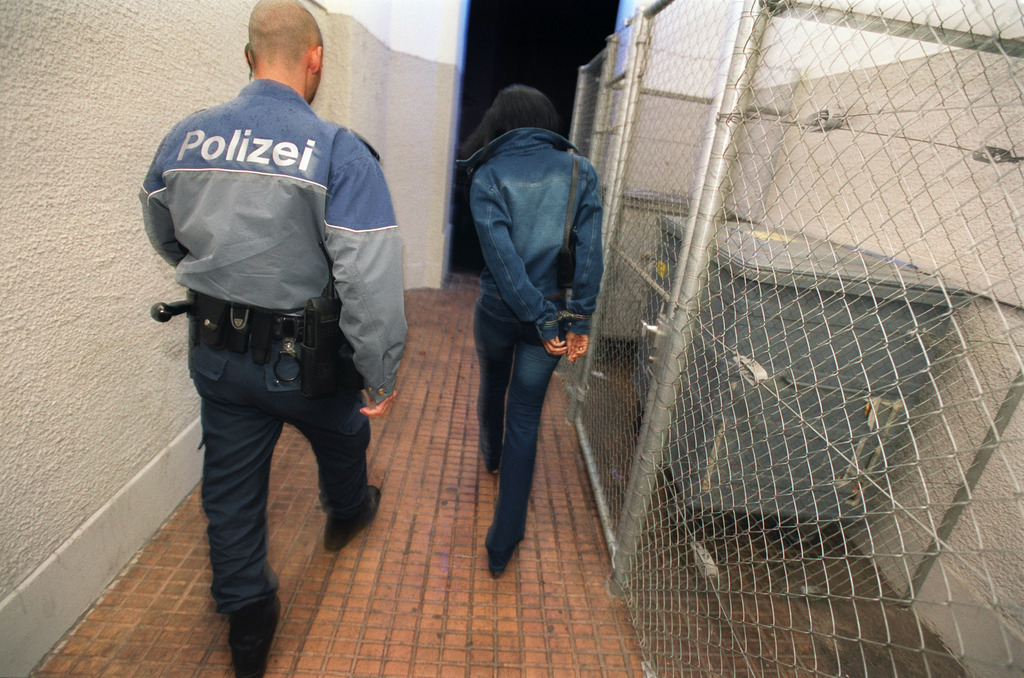
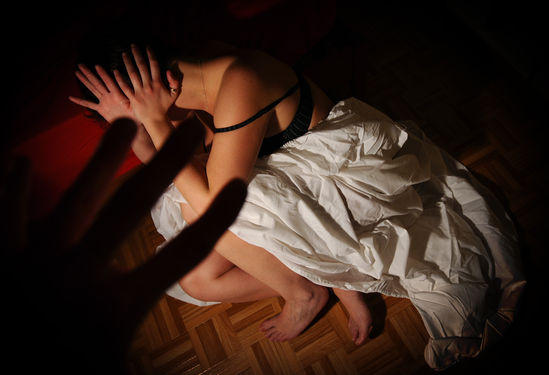
You can find an overview of ongoing debates with our journalists here. Please join us!
If you want to start a conversation about a topic raised in this article or want to report factual errors, email us at english@swissinfo.ch.